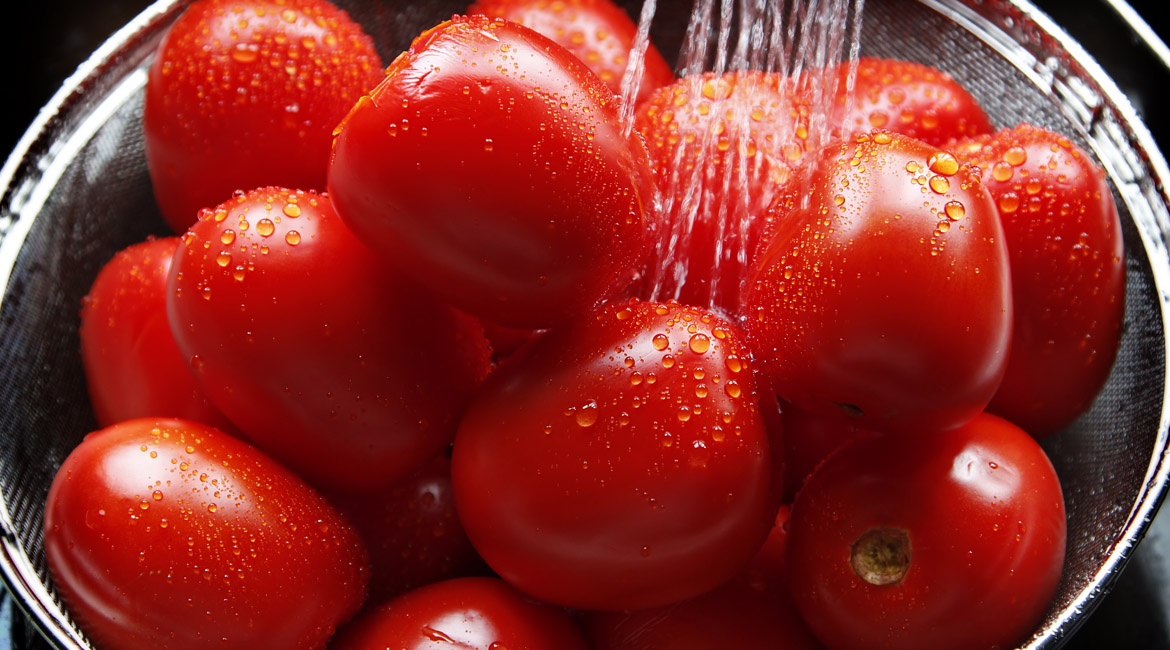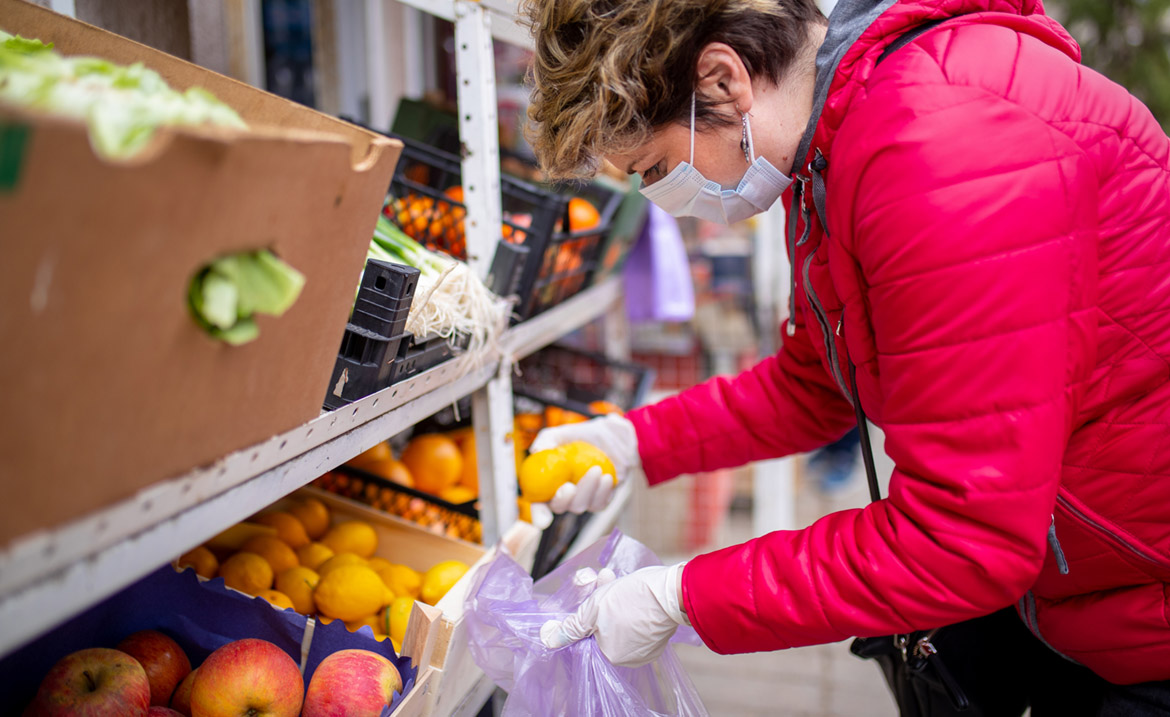6 Steps to Clean Produce During Coronavirus

If you’re like me, cooking can be a comforting ritual in these scary, uncertain times. And yet many of us are wondering how we can get food home and prepare it safely. After all, early studies have shown that coronavirus can be detected on some surfaces for hours or even days after contamination.
Let’s remember that coronavirus is a new disease, so scientists are still working to get answers about how it spreads and how people can best protect themselves. With that in mind, we’ve looked into it, and based on what we found, here are six tips we’re following to minimize the risk of exposure and ensure your fruits and veggies stay healthy and delicious.
Before you leave the house, clean your counters and sink. It’s much easier to fly through when your space is already clean. Make sure your sink is empty (if you have a double basin sink, empty both sides). Wipe them down with soap and water or a disinfectant prior to your shopping trip.
Use masks and gloves properly. The CDC now recommends that people wear masks if they go out in public, and there’s a growing consensus that a cloth mask is better than nothing at all. Remember that cloth masks and surgical masks mainly help slow the spread of infection by covering the cough of a sick person. They can also offer some protection from catching the virus by blocking larger droplets and preventing you from touching your own face. If you do wear a mask, avoid touching and adjusting it (the goal is to touch your face less, not more.

While wearing gloves, treat them like a second skin — if they’re contaminated, they can spread the virus just like any other surface. So make sure to change and dispose of them frequently to keep your hands clean. Remove them before touching a clean surface, like your doorknob or the inside of your home, and wash your hands as soon as you take them off. And if you don’t have gloves, or choose not to wear them, remember to wash your hands for 20 seconds before touching your face or other “clean” items in your home.
Pick a place by the door to drop your things. After coming in from shopping, I put my grocery bags on a shelf right by my door. I call it the “Sanitation Station.” I can immediately put my things down, take off my jacket and throw my disposable gloves in the trash. From there, I walk straight into the kitchen and wash my hands. Remember that, while coronavirus can linger on surfaces, the levels drop off quickly. So if you’re concerned, you can always just let your groceries sit for a few hours or overnight before putting them away.
Wash your produce. There’s some conflicting information out there about washing produce. Remember that coronavirus is a respiratory virus, and there’s no evidence it’s transmitted by eating food. If you’re still concerned about surface contamination even after letting your produce sit for a few hours, here are some options. Note that vinegar is not effective at removing coronavirus. A recent article from Harvard’s T. H. Chan School of Public Health suggests using a small amount of soap and water to remove pathogens from the outside surface of the produce.
Personally, I use Dr. Bronner’s all-purpose castile soap (gentle, biodegradable and made of all-natural ingredients and oils) and water to clean my produce. Here are the steps I follow at home:
- Fill up one sink basin halfway with warm water.
- Add a small amount of castile soap to the water.
- Add produce to the warm, soapy water and let sit for 1-2 minutes.
- Carefully scrub produce to get into the nooks and crannies. Use a brush as desired.
- Rinse thoroughly with cool water.
- Store as you usually would.
Clean your tools. Wash counters, brush (if using) and sink with soap and water or disinfectant. If you’re using gloves (remember that this should not be the same pair you wore to the grocery store), remove them and wash your hands immediately after cleaning your produce. Place your reusable bag in the wash (if it’s cloth) or rub it down with disinfectant (if non-porous material).
Keep shopping to a minimum. Remember that the single most important thing you can do to protect yourself and your family from coronavirus is to stay at home as much as possible. That means limiting trips to the grocery store unless it’s really necessary — think about getting creative with pantry recipes, stretching the food you already have and replenishing your supplies no more than every week or two, if you can.
What's Next?
Looking for a shopping list of pantry staples? Visit our blog to learn more!


